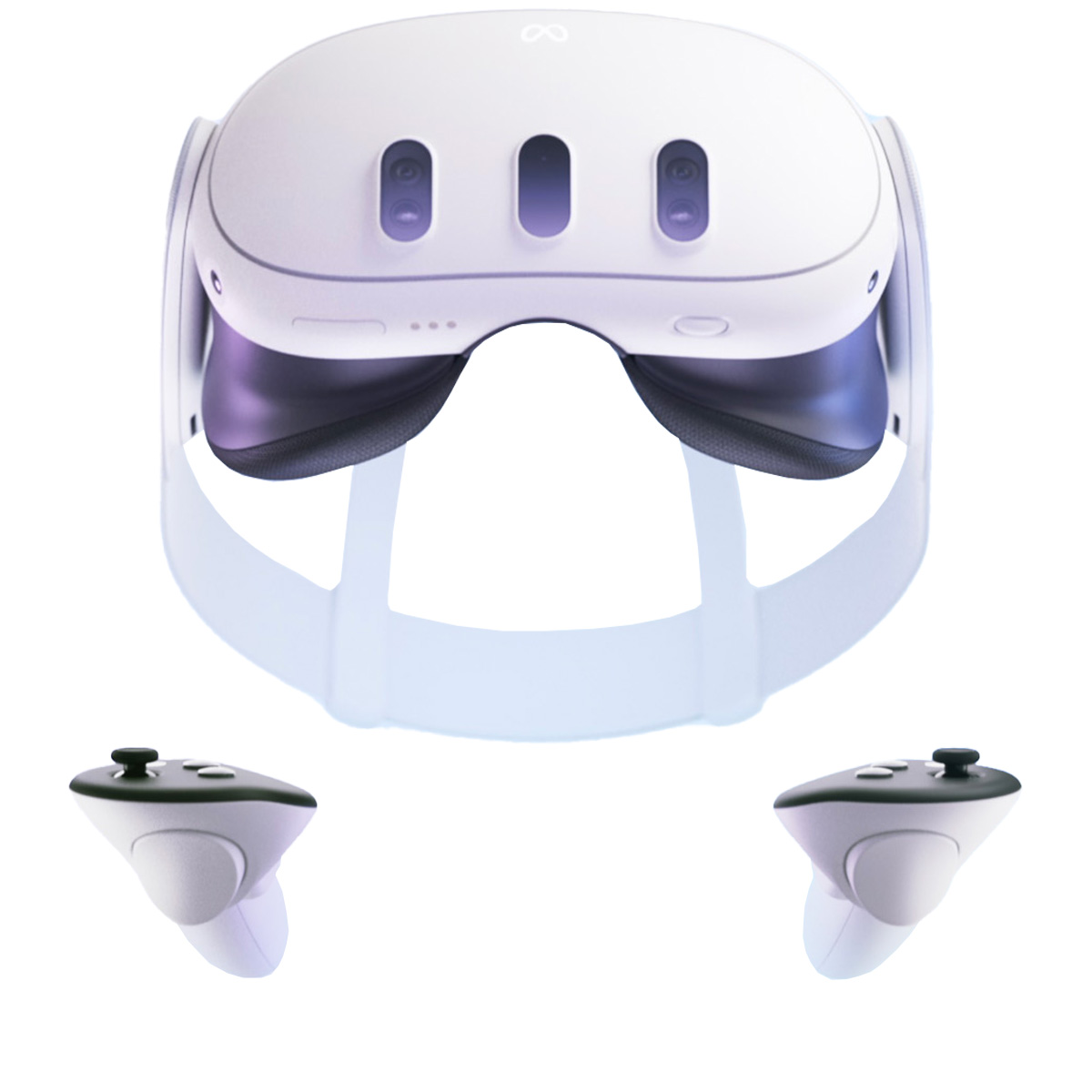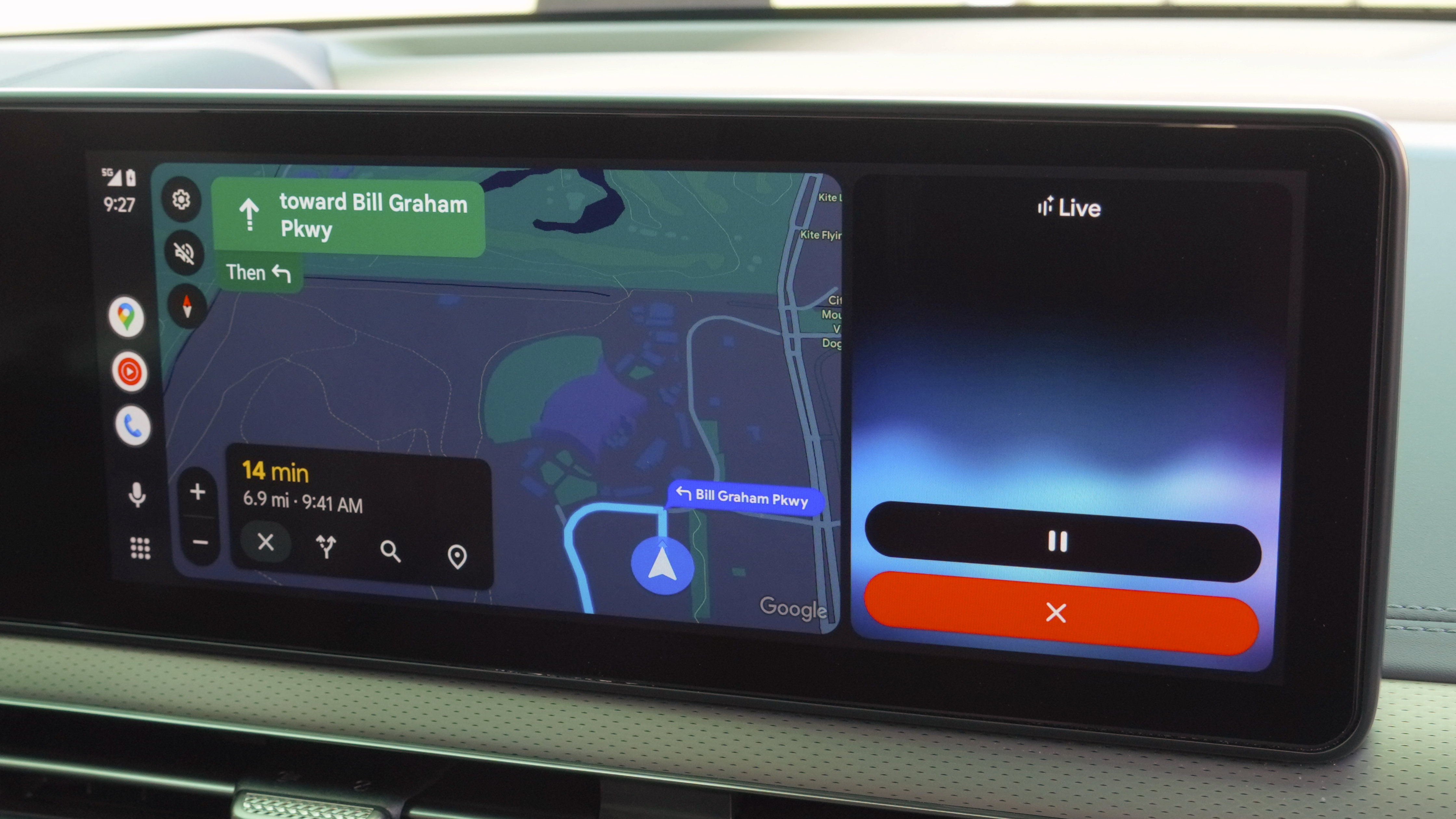Quest v62 update courts would-be Vision Pro buyers with gestures, spatial video
Can't afford a $3,500 headset? The Quest 3 now offers a couple of the same tricks, along with Quest Link and mic fixes.

What you need to know
- Meta announced the Quest v62 update on February 1, which will roll out gradually to Quest 2, Quest 3, and Quest Pro owners.
- iPhone 15 Pro owners can upload spatial videos to the headset to watch in 3D.
- You'll be able to perform quick gestures like pinching your fingers to pull up menus.
- Other updates include PC gaming fixes, official support for livestreaming, new game controller compatibility, and mixed-reality fixes.
The Quest v62 software update is one of Meta's most ambitious updates yet, with the Quest 3 getting features like gesture controls and spatial audio support meant to appeal to iPhone owners. The timing, just a day before the Apple Vision Pro officially launches, is certainly...convenient!
If you own the iPhone 15 Pro Max or Pro, you'll be able to record spatial videos, upload them to Meta's cloud storage via the Meta Quest app, and then find the Spatial Video Gallery in the Files app to watch home videos at your leisure.
All Quest 3 and 2 owners will get access to new "single-gesture quick actions." So long as hand tracking is active, you can hold your palm in front of the cameras and perform a short or long "pinch" gesture to perform shortcuts.
A short pinch opens the Quick Actions menu, while a long pinch recenters the display wherever you're looking; these make it easier to enjoy hand-tracking games without having to keep controllers on hand for certain actions. You can choose other options (like taking photos) for these gestures by going to Settings > Movement tracking > Expanded Quick Actions, once the update rolls out to your headset.

The Quest 3 already lets you pinch your fingers to select menu options, one of the key controls for the Apple Vision Pro.
The Quest v62 update release notes include a few fixes and features we've already heard about. For instance, it fixes long-standing microphone issues: Your headset will no longer accidentally mute your mic and warn you with a prompt if it does become muted. Along with general "increased audio quality," they adjusted the internal EQ settings to "suppress" certain sounds like Ps and Ts for a "more balanced and pleasant sound."
We learned in December about a new option to stream Xbox Cloud Gaming Beta on Quest; with the v62 update, the Quest now officially supports the PS5 and PS4 controllers, and you can use any compatible gamepad for Quest Browser games with controller support.
Get the latest news from Android Central, your trusted companion in the world of Android
Facebook livestreaming of Quest games, first introduced in update v56, has finally left beta and is officially available to all Quest owners. YouTube Live Chat, introduced in the v59 update, also goes live officially with v62, so you can see your YouTube chat window in-headset while streaming.
Rounding out the Meta Quest v62 update list, it makes specific fixes for fans of mixed-reality apps on the Quest 3, such as the ability to save up to 15 Spaces (or rooms) for mixed-reality experiences. That way, you can play games in any room in the house rather than having to reset your room data every time you move — or remember the dimensions at a friend's house.
On the PC VR front, the Oculus PC app has been renamed to the Meta Quest Link App and will now support 120Hz gaming for compatible games instead of being locked at 90Hz. We're especially excited by a new tool called "USB Link Auto-Connect," which should resync your headset with your PC automatically if there's a temporary disconnect or crash.
While none of these updates can make the $299 Quest 2 or $499 Quest 3 as feature-rich as the $3,500 Apple Vision Pro, it's clear that Meta is making a point with v62: They can recreate Apple's tricks with gesture controls or spatial video with more affordable hardware, as part of their plan to become the "Android of VR."

The Meta Quest 3 is the best VR headset that everyday people can afford. With thousands of games and mixed-reality tricks, the Quest 3 provides a challenge to the new Apple Vision Pro.

Michael is Android Central's resident expert on wearables and fitness. Before joining Android Central, he freelanced for years at Techradar, Wareable, Windows Central, and Digital Trends. Channeling his love of running, he established himself as an expert on fitness watches, testing and reviewing models from Garmin, Fitbit, Samsung, Apple, COROS, Polar, Amazfit, Suunto, and more.

